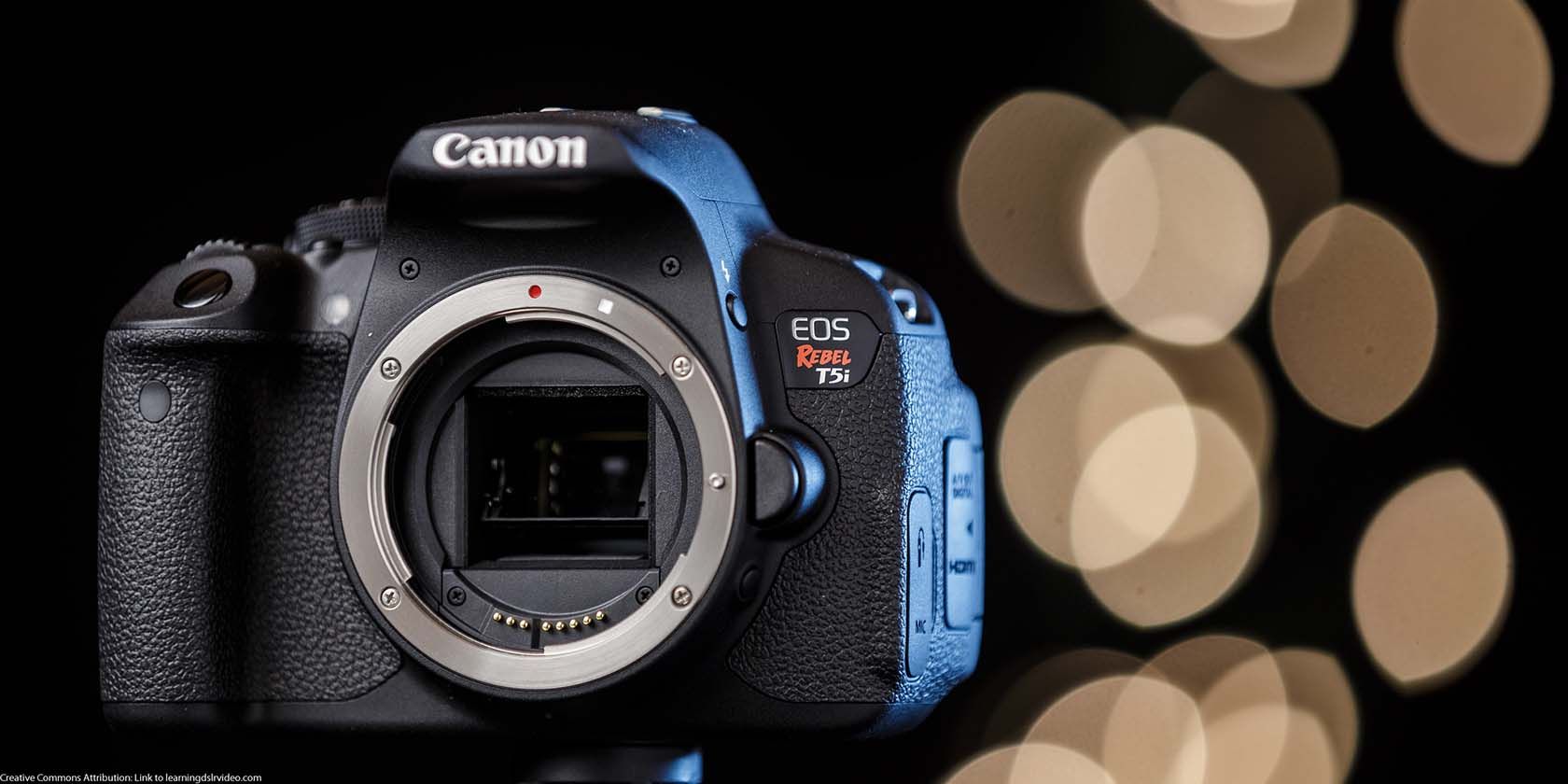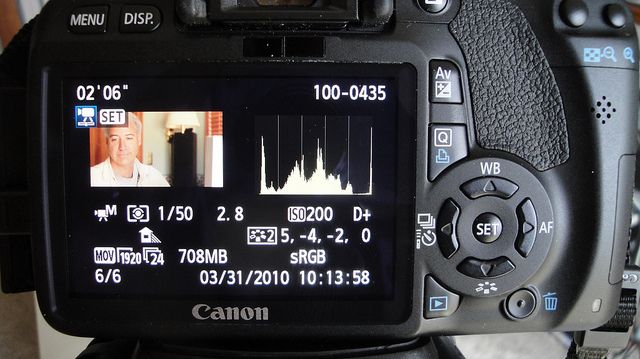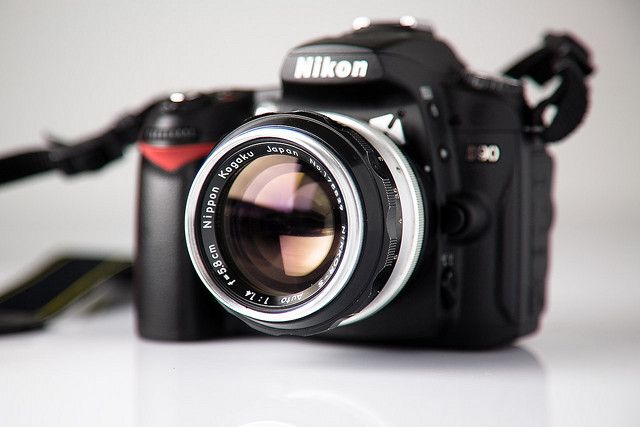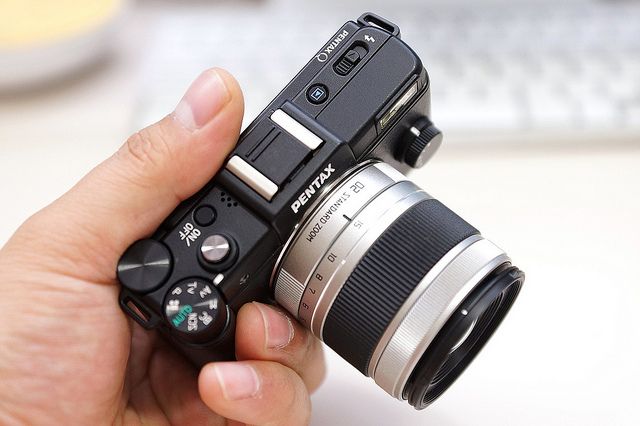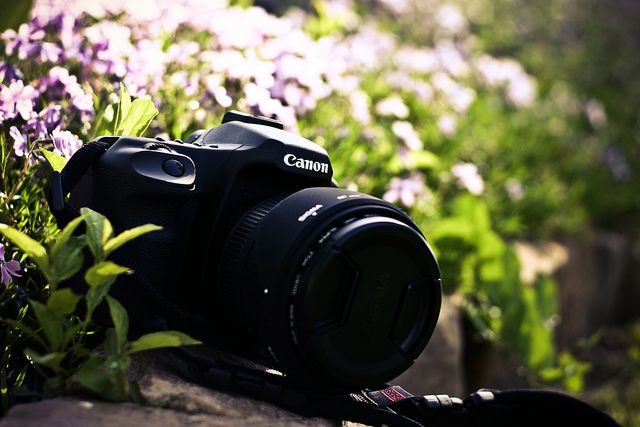So it's time to upgrade from your entry-level DSLR. Or so you think...
We have a few things to consider when upgrading to your next DSLR. You may view this article as a means to persuade you not to purchase a nicer DSLR - not so. If you want to, then you should. But there may be a few things you need to consider before you part with your cash...
Have You Ever Touched Manual Mode?
The biggest question to answer - and though it may sound very basic - is this: have you spun the dial around to Manual mode? It's typically noted by the M sign on that dial - just a heads up.
Believe it or not, and you may very well be part of this group, a large number of DSLR users still shoot in auto mode, not even knowing what an aperture, shutter speed, or ISO is. Many people dive in thinking that they need something more "professional" or even bigger in order to get a better picture. The reality is that it's not the camera - it's the person taking it.
You can know everything about cameras and take an amazing shot on your iPhone. Alternatively, you can know nothing about cameras and take a horrible shot on a Canon 5D Mark III. Then there's the whole issue of whether or not you actually shoot enough to justify the cost of a new body...
What Lenses Do You Have?
What types of lenses do you have? Just the kit lens that came with your camera (something like an APS-C-friendly 18-135mm or 18-55mm), or did you buy the cheapest 50mm you could possibly find?
Then, my dear friend, don't upgrade. Get a nicer lens. Lenses - and this is a very generalized statement - matter much more than the quality of the camera. Kit lenses (save for something like the Canon 24-105mm L) are often much softer in clarity and come with cheaper, plastic builds. Good lenses will also last you forever, sometimes needing to be adapted to your next camera, but still providing the same image quality.
Also consider what type of camera sensor your lenses have been made for. Some lenses are designed only for cropped sensors, and if you have an abundance of these, it's going to completely mess with your entire kit. On the other hand, are you upgrading to a different brand? Different brands have different lens mounts, and while the aforementioned adapters do exist, it's sometimes a pain when you're just moving from level one to level two.
Should You Go DSLR?
Here's another question: why go DSLR? Mirrorless is an option these days, but this usually means a smaller image sensor. This means you're not going to get the same low-light performance as a DSLR but you will have an abundance of cheap, quality lenses to choose from (most with the micro four-thirds mount).
You may not even really need to go with an actual camera... if you're not getting into these manual settings and such, and the camera is only dragged out for holidays and adult blackmail for your children... then please, for the love of God, use your phone. It's a miracle device, and there's nothing belittling about using a phone as your primary piece of photography gear.
Is Your Current Camera Just Fine?
One more thing - do you really need to upgrade?
Camera features don't typically have drastic changes from one generation to the next. I'm always a huge proponent of renting when I need something for a client, but if you have something that shoots and it still looks good, it's sometimes okay to skip a few generations.
What other tips do you have for upgrading your current DSLR? Have you ever downgraded cameras before?
Image Credits: Dave Dugdale, Dave Dugdale, Mark, Jung-nam Nam, Nomadic Lass

